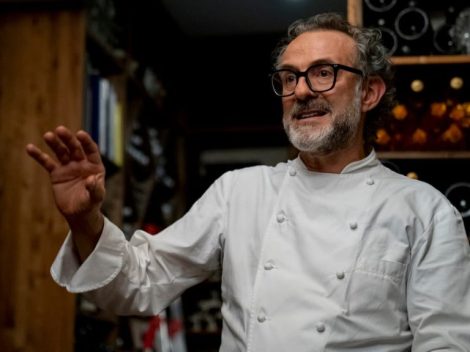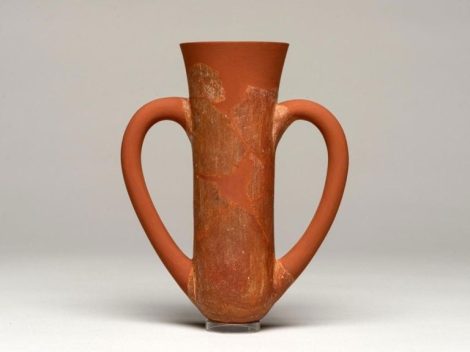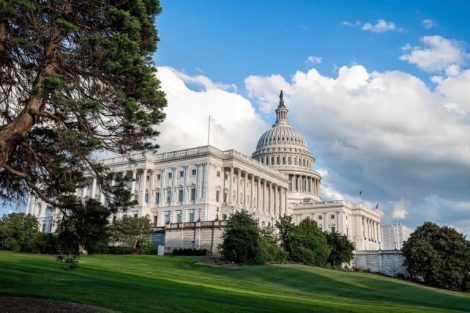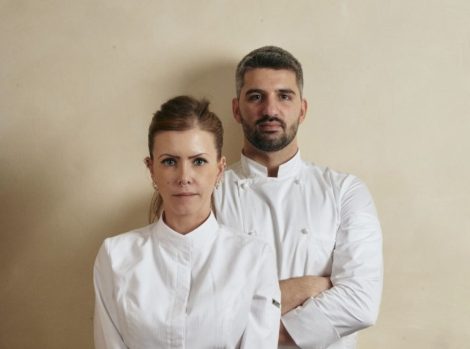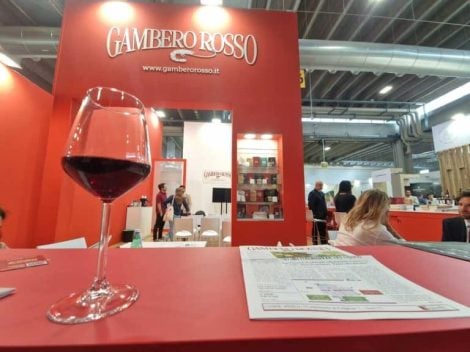The year 2024 has not been a stellar one for Champagne sales worldwide. Shipments recorded by the Comité (including France) are down for the second consecutive year. Following the record of 325 million units reached in 2022—the highest ever post-pandemic—2024 closed at 271.4 million bottles, a 9.2% decline compared to 2023’s already reduced figure of 299 million bottles, which itself saw an 8% drop compared to the previous 12 months. Essentially, the 2024 level is about 27 million bottles below that of 2019 (the year before the health crisis). Between 2023 and 2024, approximately 53 million fewer bottles were placed on the market.
Exports down 10 percent
Champagne is predominantly an export-oriented appellation. The volume share sold outside French borders stands at 56.4%, significantly higher than domestic sales. In 2024, according to Comité data, 153.2 million bottles were sold abroad, marking a double-digit decline of -10.8% compared to 2023. The high proportion of sparkling wine exported reflects a shift in trends observed in recent years, according to winemakers and maisons.
In France, the market absorbed 118.2 million bottles, a 7.2% decrease compared to 2023, and “continues to suffer,” writes the Comité, “from the negative political and economic context.” It’s worth noting that even a year ago, there was a noticeable shift in local consumer preferences towards products priced below Champagne’s average, such as Crémant and Prosecco.
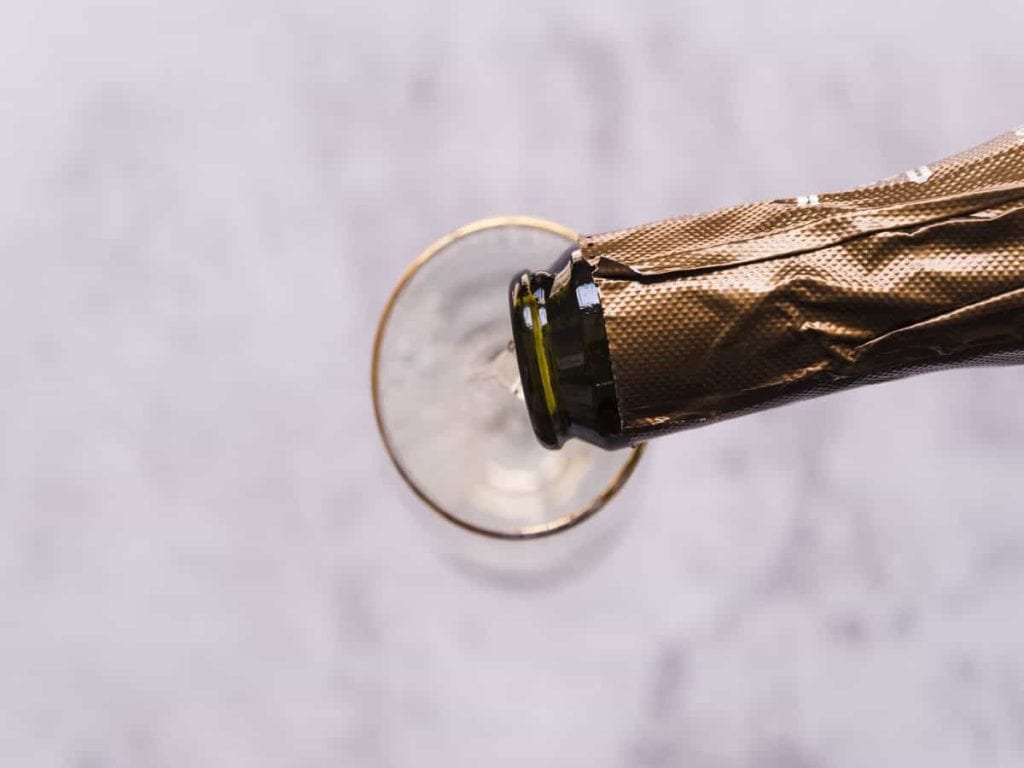
The weight of global uncertainty
The performance of France’s iconic sparkling wine also serves as a barometer of the current economic climate, as highlighted by Maxime Toubart, president of the Syndicat général des vignerons and co-president of the Comité:
“Champagne is a true gauge of consumer sentiment. And this is not the time to celebrate, with inflation, conflicts around the world, economic uncertainty, and a wait-and-see political stance,” he adds, “in some of our key markets, like France and the United States.”
Responding to difficult times
David Chatillon, president of the Union des maisons de Champagne and co-president of the Comité Champagne, emphasises the importance of looking ahead:
“It is during the least favourable moments that we must prepare for the future, maintaining our course in terms of sustainable development and the conquest of new markets and consumers. Champagne is a solid and sustainable organisational model, one that has proven its worth even in the face of adversity and that inspires confidence in the future.”

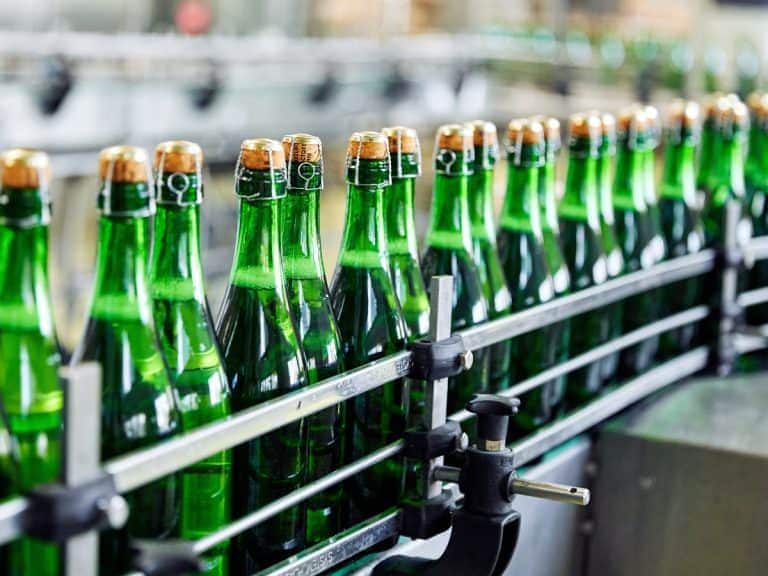
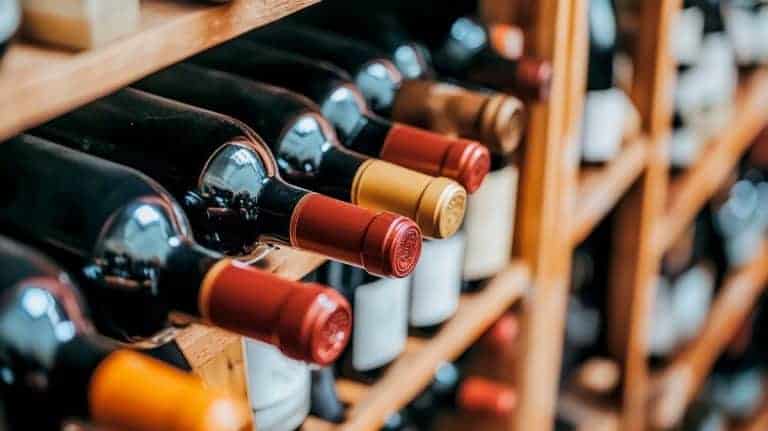 US tariffs: here are the Italian wines most at risk, from Pinot Grigio to Chianti Classico
US tariffs: here are the Italian wines most at risk, from Pinot Grigio to Chianti Classico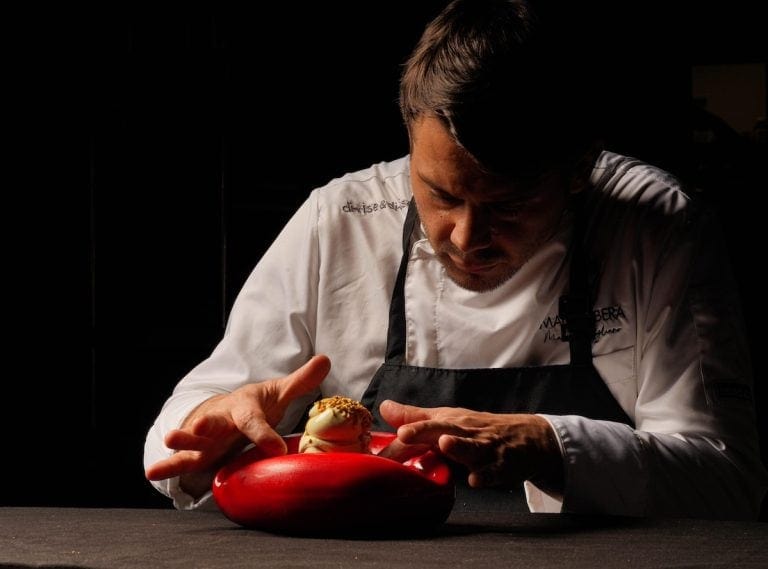 "With U.S. tariffs, buffalo mozzarella will cost almost double. We're ruined." The outburst of an Italian chef in Miami
"With U.S. tariffs, buffalo mozzarella will cost almost double. We're ruined." The outburst of an Italian chef in Miami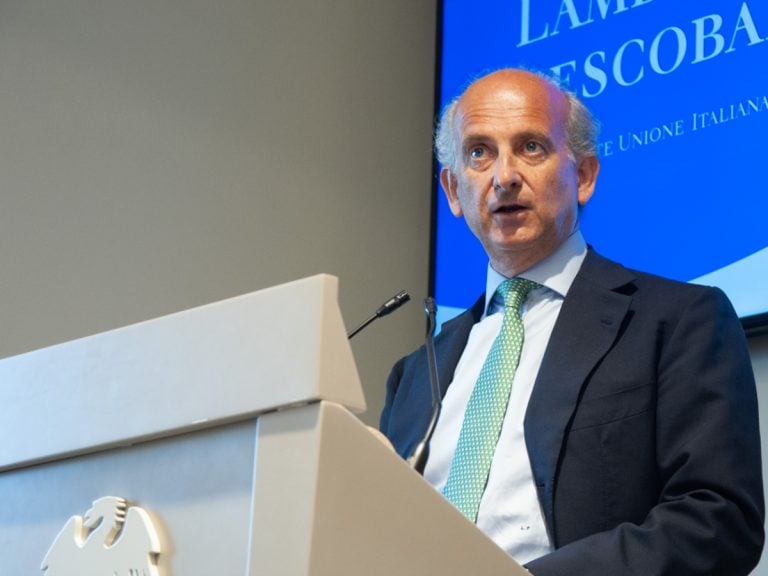 "With US tariffs, extremely high risk for Italian wine: strike deals with buyers immediately to absorb extra costs." UIV’s proposal
"With US tariffs, extremely high risk for Italian wine: strike deals with buyers immediately to absorb extra costs." UIV’s proposal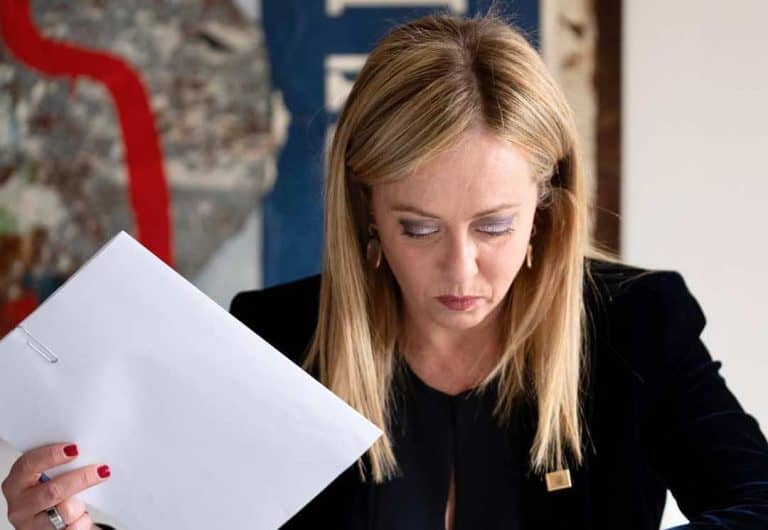 Meloni: "Tariffs? If necessary, there will be consequences. Heavy impact on agri-food sector"
Meloni: "Tariffs? If necessary, there will be consequences. Heavy impact on agri-food sector"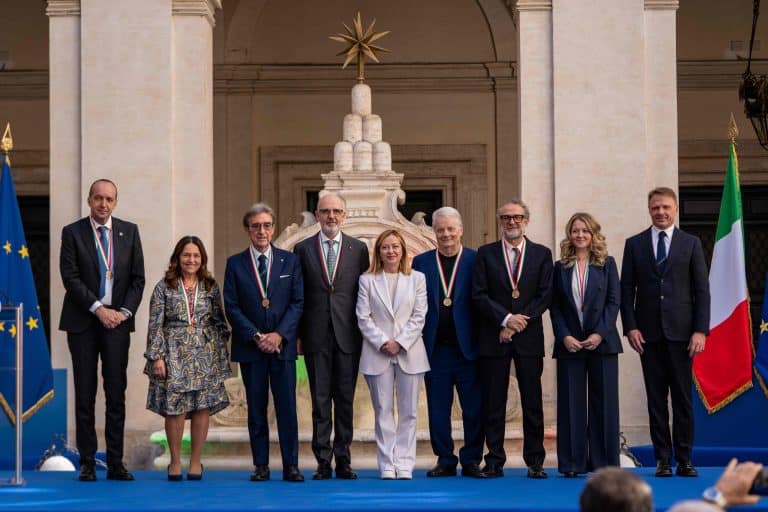 The Government honours the greats of Italian cuisine, from Bottura to Pepe. Massari: "Thank you, Meloni, the only one who listened to us"
The Government honours the greats of Italian cuisine, from Bottura to Pepe. Massari: "Thank you, Meloni, the only one who listened to us"
